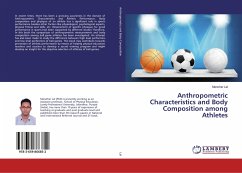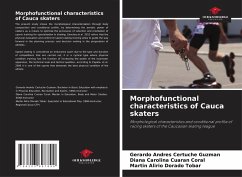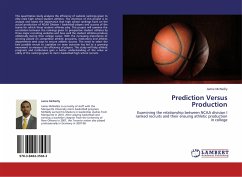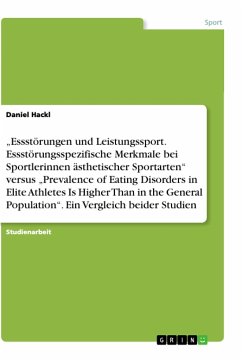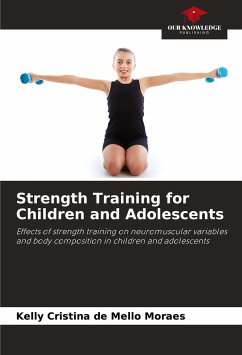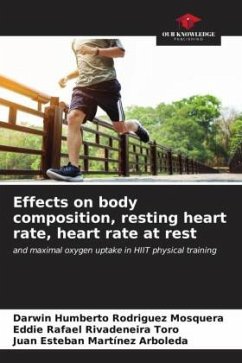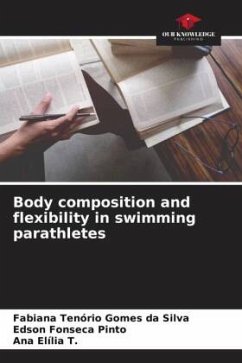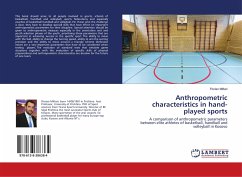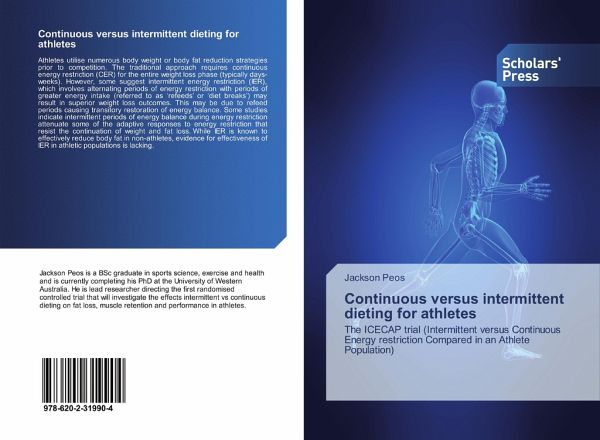
Continuous versus intermittent dieting for athletes
The ICECAP trial (Intermittent versus Continuous Energy restriction Compared in an Athlete Population)
Versandkostenfrei!
Versandfertig in 6-10 Tagen
30,99 €
inkl. MwSt.

PAYBACK Punkte
15 °P sammeln!
Athletes utilise numerous body weight or body fat reduction strategies prior to competition. The traditional approach requires continuous energy restriction (CER) for the entire weight loss phase (typically days-weeks). However, some suggest intermittent energy restriction (IER), which involves alternating periods of energy restriction with periods of greater energy intake (referred to as 'refeeds' or 'diet breaks') may result in superior weight loss outcomes. This may be due to refeed periods causing transitory restoration of energy balance. Some studies indicate intermittent periods of energ...
Athletes utilise numerous body weight or body fat reduction strategies prior to competition. The traditional approach requires continuous energy restriction (CER) for the entire weight loss phase (typically days-weeks). However, some suggest intermittent energy restriction (IER), which involves alternating periods of energy restriction with periods of greater energy intake (referred to as 'refeeds' or 'diet breaks') may result in superior weight loss outcomes. This may be due to refeed periods causing transitory restoration of energy balance. Some studies indicate intermittent periods of energy balance during energy restriction attenuate some of the adaptive responses to energy restriction that resist the continuation of weight and fat loss. While IER is known to effectively reduce body fat in non-athletes, evidence for effectiveness of IER in athletic populations is lacking.




